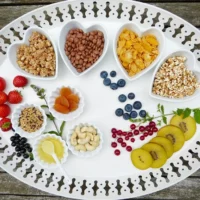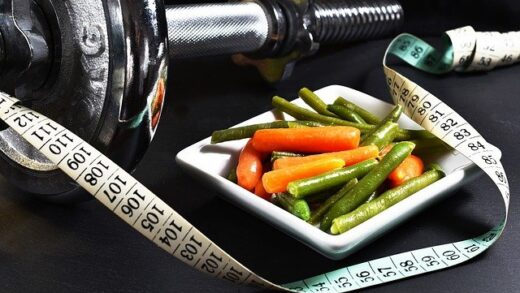
We all look for a happy and healthy life to its fullest. To get that; we stay active, work out, sleep well and eat right. All this is not enough to extract the best out of our lives as we will need a little extra to compensate for all those busy days we often spend ignoring our health while rushing. Here comes the role of multivitamins and minerals as supplements that we miss out on during our daily diet.
Vitamins are the components present in our food in very less amounts making it difficult to meet our daily needs well.
Vitamin and mineral deficiencies may lead to many health problems hence these essential nutrients should be a part of the daily diet of pregnant women, breastfeeding mothers, people who are on a diet, and the elderly. The suggested daily dose of Vitamins and minerals cannot be obtained only from the daily diet. Consuming multivitamins and mineral supplements once a day will fulfill the recommended amount required. Multivitamins treat deficiencies due to poor diet, hectic lifestyle, stress, and illness.
Sources of Vitamins
There are two types of vitamins:
Water-soluble –
Water-soluble vitamins dissolve quickly in the body.
B1: Watermelon and soymilk are rich sources of Vitamin B1 and are also natural sources.
B2: Low-fat milk, spinach, avocados, eggs, almonds, and tofu provide Vitamin B2 enhancing the quality of our nutrition intake.
B9: All kinds of lentils, broccoli, papaya, and cauliflowers are excellent sources of B9 Vitamins.
B6: Fish, poultry, nuts, and potatoes contain a good amount of Vitamin B6.
B7: B7 also known as Biotin is found in tomatoes, carrots, eggs, sweet potatoes, and onions.
B3: This vitamin is available in Milk and dairy products, eggs, mutton, and chicken, with high quality.
B5: Honey, sunflower seeds, mushrooms, almonds, meat, fish, and cauliflowers provide B5 Vitamin.
Vitamin C: Citrus fruits are an ample source of Vitamin C along with berries, strawberries, and tomatoes.
Fat-soluble –
Fat-soluble vitamins are stored in the body for a longer period of time.
A: Cantaloupe, red bell peppers, tuna, and carrots offer Vitamin A and are an excellent natural source.
K: All green fruits and vegetable store Vitamin K like green apples, pears, grapes, kiwi, and cabbage.
D: Oats, eggs, cereals, butter, mushrooms contain Vitamin D which is again a natural source.
E: Broccoli, almonds, spinach, sunflower seeds, and olive oil contains Vitamin E.
Sources of Minerals
Major minerals –
Minerals are needed 250 Grams a day by the human body and are called macrominerals.
Calcium: Dairy products, soy, fish, almond, and beans are rich sources of Calcium.
Chloride: Whole grains, seeds, nuts, and pineapple provide Chloride.
Potassium: Sweet potatoes, beets, coconut water, and spinach have Potassium.
Magnesium: Peanuts, banana, basil, flax seeds, and dark chocolate contain Magnesium.
Sodium: Salmon, mangoes, apples, yogurt, radish, and cucumber are Sodium rich foods.
Trace minerals –
Minerals are required in lesser quantity like 20 milligrams a day.
Chromium: Black pepper, oats, barley, and lettuce are the rich source of Chromium which is essential for blood sugar to reach cells.
Copper: All green leafy vegetables, nuts, and seeds contain Copper, which is very important for our body as it helps develop RBC and supports nerve cells health.
Iodine: Strawberries, sea salt, crystal salt, coconut oil, and spinach have Iodine in them.
Fluoride: Grape juice, tea, chicken are rich in Fluoride.
Conclusion- Multivitamins and minerals are vital to keeping our body fit and healthy as they help to convert food into energy, regenerate cells by healing wounds. Multivitamins strengthen our immunity stronger making our lives happy and healthy.
0











